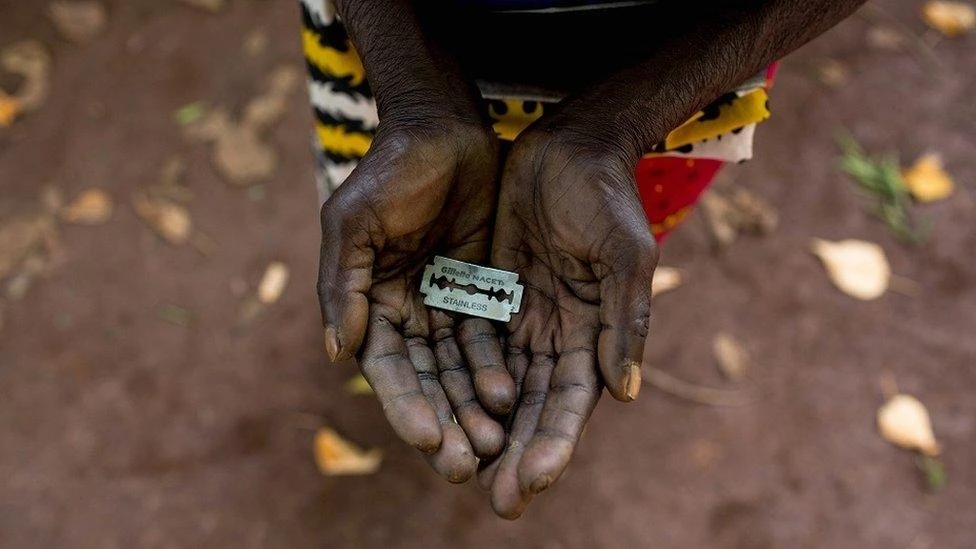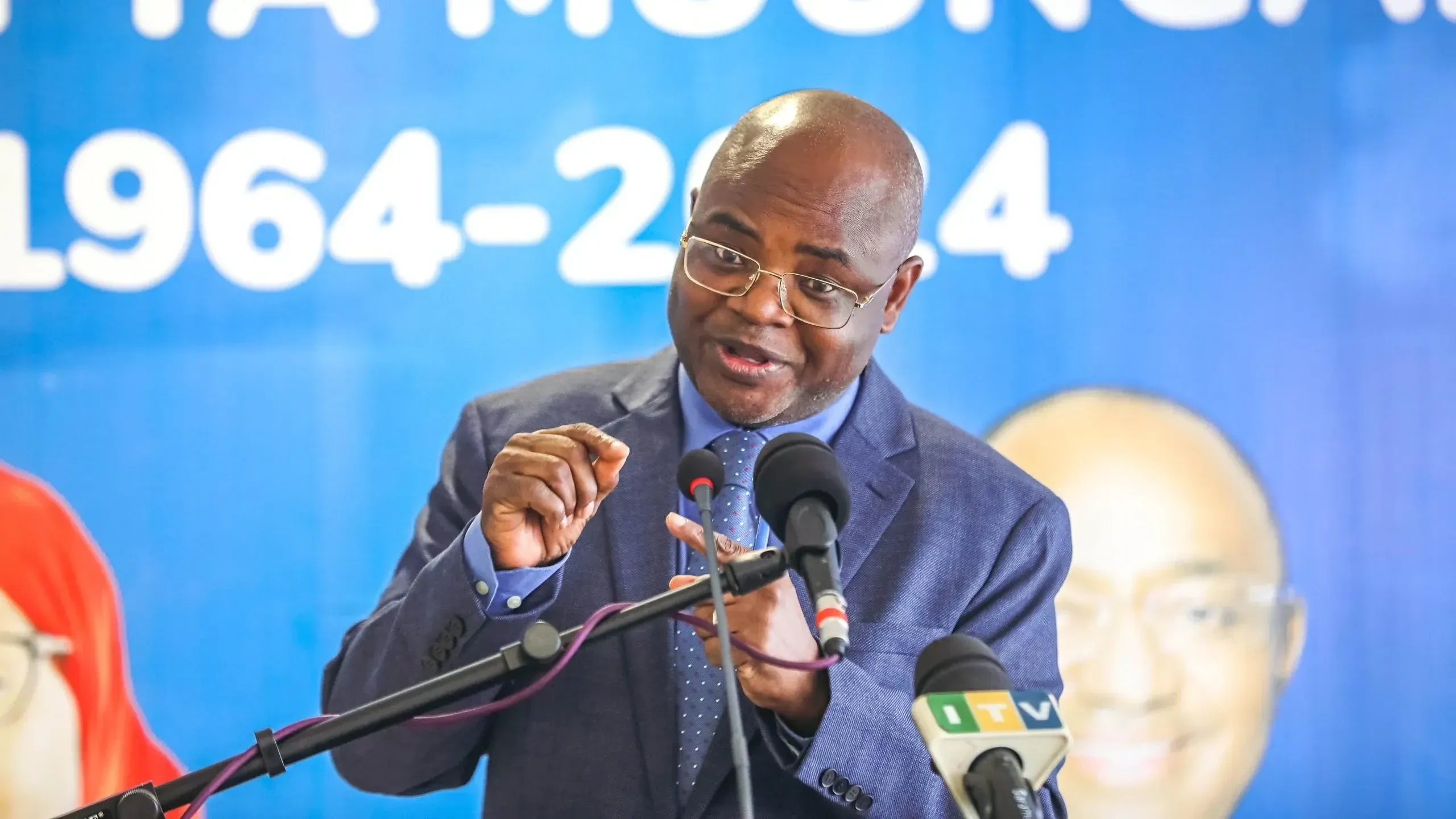Taifa Stars’ impressive AFCON qualifiers performance boosts FIFA ranking

TANZANIA’s national football team, Taifa Stars, has made notable progress on the international stage following their recent performances in the Africa Cup of Nations (AFCON) qualifiers. After securing four crucial points in matches against Ethiopia and Guinea, Tanzania has not only edged closer to AFCON qualification but also seen a marked improvement in its standing in the latest FIFA world rankings.
In the latest rankings, released in September 2024, Tanzania has climbed three places, moving from 113th to 110th in the world. This rise highlights the positive impact of the team’s performance in the AFCON qualifiers, where they demonstrated resilience and tactical discipline against strong opponents. The upward movement in the rankings also reflects the continued development of Tanzanian football on the global stage.
On the global stage, the top five ranked teams remain unchanged. Argentina, fresh from their 2022 World Cup triumph, continues to lead the rankings, followed closely by France, Spain, England, and Brazil. These teams have consistently dominated the world football scene, thanks to their deep talent pools and strong footballing cultures.
In Africa, Morocco leads the way, followed by Senegal, Egypt, Ivory Coast, and Tunisia. Morocco’s leadership in African football has been driven by their impressive performances in both continental and global tournaments, including a historic semi-final run in the 2022 World Cup.
The Taifa Stars' recent success is a testament to the country’s growing football potential. The four points harvested in the qualifiers have not only bolstered Tanzania’s chances of securing a spot in the AFCON finals but also underscored their ambition to establish themselves as a footballing force in Africa.
The 110th position marks a significant improvement for Tanzania, a nation that has been steadily climbing the ranks in world football over recent years. The success in the qualifiers has been a key factor in this rise, providing the Taifa Stars with the confidence and momentum to continue challenging stronger teams across the continent.
Tanzania’s upward trajectory in the rankings comes as a result of a series of disciplined performances, with the team now focused on maintaining their form as they eye a spot in the AFCON finals. The country’s football governing body, the Tanzania Football Federation (TFF), has also been instrumental in implementing strategies aimed at improving the national team’s performance on the international stage.
While Tanzania’s rise in the rankings is commendable, their neighbours and rivals in the Council of East and Central Africa Football Associations (CECAFA) region have also seen significant movements. Uganda, another CECAFA member, has moved five places up in the world rankings, from 95th to 90th. This jump makes Uganda the highest-ranked nation in the CECAFA region, showcasing their continued dominance in East African football.
Uganda’s improvement in the rankings is a reflection of their consistent performances in international matches, particularly in their AFCON qualification campaign. The Cranes, as the Ugandan national team is known, have long been a formidable force in the CECAFA region, and their latest rise in the rankings further cements their position as the region’s football powerhouse.
Kenya has also made a notable leap in the world rankings, moving six places from 108th to 102nd. The Kenyan national team, the Harambee Stars, have shown improvement in recent international fixtures, and their rise in the rankings reflects their growing competitiveness on the African football scene.
Kenya’s ascent can be attributed to a combination of strong performances in the AFCON qualifiers and friendly matches, which have contributed to their steady climb in the rankings. The team’s progress has been met with optimism from Kenyan football fans, who are hopeful that their national team will continue to improve and challenge for top honours in the region.
The latest FIFA rankings have brought mixed results for other CECAFA nations. Sudan has inched up one place, moving from 121st to 120th, while Rwanda has risen slightly from 131st to 130th. Burundi, on the other hand, has climbed three places, moving from 139th to 136th.
However, not all CECAFA nations experienced positive movements. Ethiopia, despite their strong footballing history, dropped two places, falling from 143rd to 145th. South Sudan also faced a setback, dropping three places from 169th to 172nd in the world rankings.
Despite these setbacks, the CECAFA region continues to show promise, with several countries making strides in their football development. The fluctuating rankings highlight the competitive nature of the region’s football landscape, where teams are constantly battling to improve their positions on the world stage.
Further down the rankings, Djibouti has shown some improvement, rising from 193rd to 192nd. However, Somalia has remained in the same position, holding onto 202nd place, while Eritrea remains rooted at the bottom of the global rankings.
These nations have faced significant challenges in their football development, often struggling to compete at the highest level due to limited resources and infrastructure. However, their continued participation in international competitions provides hope for future growth and development in the region.
The next FIFA rankings are expected to be released on October 24, 2024, and will likely reflect the outcomes of upcoming international fixtures, including AFCON qualifiers. For Tanzania and other CRCAFA nations, the focus will remain on securing qualification for the Afcon finals and continuing their upward trajectory in world football.
Top Headlines
© 2025 IPPMEDIA.COM. ALL RIGHTS RESERVED
























